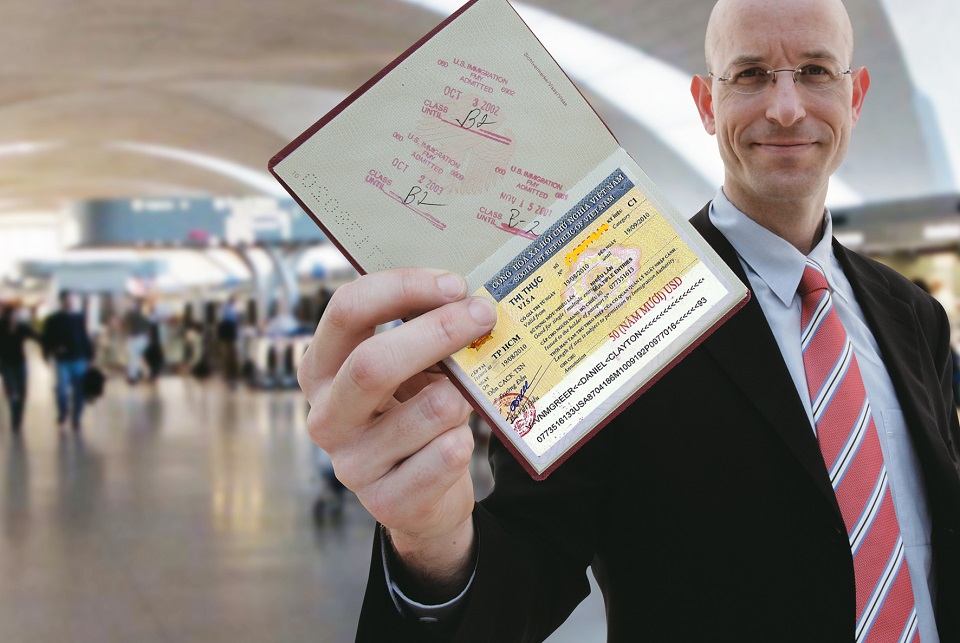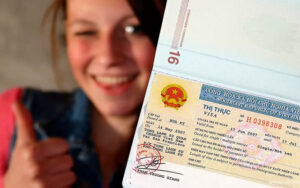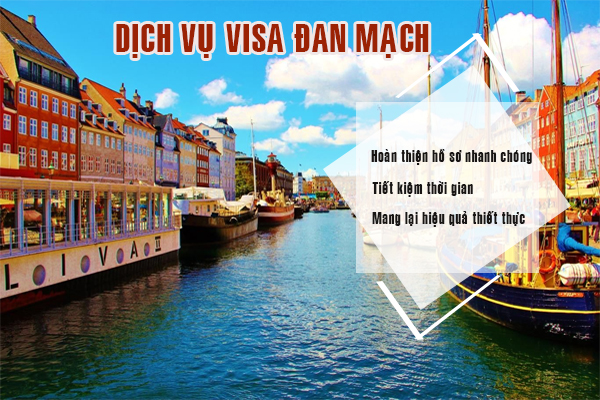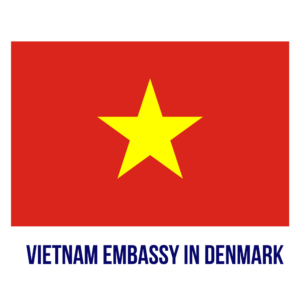Vietnam Work Permit for Danish Citizens: Rules & Application is a critical topic for professionals seeking opportunities in Vietnam’s dynamic economy. With industries like renewable energy, IT, and manufacturing booming, Danish expertise is highly sought after. This guide provides a detailed roadmap for navigating Vietnam’s work permit system, ensuring a smooth transition for Danish nationals aiming to work legally in the country.
Table of Contents
Navigating Vietnam’s Work Permit Regulations for Danish Citizens: An Overview
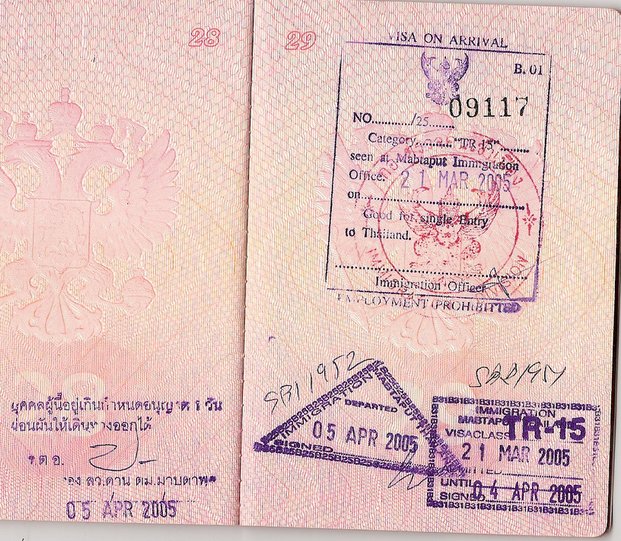
Vietnam’s labor laws are designed to balance local employment opportunities with the need for foreign expertise. For Danish citizens, understanding these regulations is the first step toward securing a work permit. The process involves multiple stages, from employer justifications to document submissions, all governed by the Ministry of Labor, Invalids and Social Affairs (MOLISA).
Key Legal Frameworks Governing Work Permits
Vietnam’s Labor Code and Decree 152/2020/ND-CP outline the rules for foreign workers. These laws emphasize that foreign employees must fill roles requiring specialized skills unavailable locally. Danish applicants should note that their profession must align with Vietnam’s list of prioritized sectors, such as green energy or high-tech manufacturing.
The legal framework also mandates that employers prove the necessity of hiring foreign talent. This involves submitting detailed job descriptions and evidence of unsuccessful local recruitment efforts. For Danish professionals, highlighting unique qualifications, such as certifications in wind energy or blockchain technology, can strengthen the application.
Role of Employers in the Work Permit Process
Employers in Vietnam act as sponsors for foreign workers. They must obtain In-Principle Approval from MOLISA or provincial authorities before the employee can apply for the work permit. This step requires the employer to demonstrate the economic or technical need for a Danish hire.
Companies must also ensure compliance with Vietnam’s labor quotas, which limit the percentage of foreign staff. For instance, in manufacturing, only 10–15% of the workforce can be non-Vietnamese. Danish candidates should verify their potential employer’s adherence to these quotas to avoid delays.
Cultural and Administrative Nuances
Vietnamese bureaucracy often involves nuanced procedures that may differ from Denmark’s streamlined systems. For example, documents like diplomas or criminal records must be notarized and legalized (apostilled) before submission. Danish applicants should allocate extra time for these steps, as processing can take weeks.
Building relationships with local authorities or hiring a Vietnamese legal consultant can expedite the process. Understanding guanxi (relationship-based networks) is invaluable, as personal connections sometimes influence administrative outcomes.
Eligibility Criteria for Vietnamese Work Permits: Specific Requirements for Danish Nationals
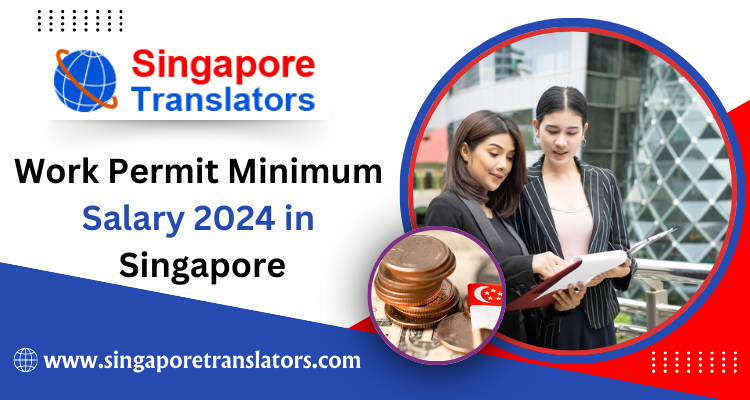
Danish citizens must meet stringent criteria to qualify for a Vietnam work permit. These requirements ensure that foreign workers contribute meaningfully to sectors lacking local expertise.
Health and Age Restrictions
Applicants must be at least 18 years old and provide a medical certificate from a Vietnamese or Danish clinic approved by Vietnam’s health ministry. The check-up typically screens for infectious diseases like tuberculosis or HIV. Danish nationals should schedule this early, as some tests may require follow-ups.
Professional Qualifications and Experience
Vietnam prioritizes foreign workers with degrees or 5+ years of experience in high-demand fields. For example, Danish engineers in offshore wind projects must submit diplomas and employment records. Vocational training certificates may suffice for technical roles, but academic credentials often carry more weight.
Criminal Background Checks
A police clearance certificate from Denmark is mandatory. This document must be translated into Vietnamese and notarized. Delays are common if the certificate lacks an apostille, so Danish applicants should use the Hague Convention’s streamlined legalization process.
Job-Specific Justifications
The role must be listed under Vietnam’s “specialized or managerial” categories. Danish candidates in education, for instance, need teaching licenses or proof of subject-matter expertise. Employers must also show that the position was advertised locally for at least 30 days without suitable Vietnamese applicants.
Step-by-Step Guide to Applying for a Vietnam Work Permit: Procedures for Danish Citizens
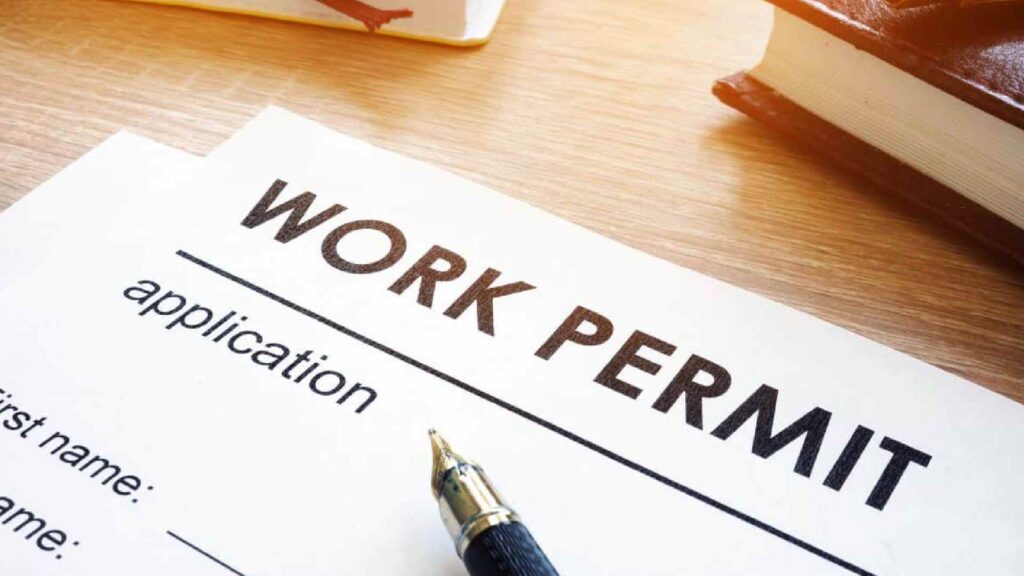
The application process is methodical, involving both the employer and employee. Missteps can lead to rejections, so adherence to each step is crucial.
Step 1: Employer Obtains In-Principle Approval
The employer submits a request to MOLISA or the Provincial DOLISA, including:
- Business registration documents.
- A detailed explanation of why a Danish hire is necessary.
- Proof of local recruitment efforts (e.g., job postings).
Processing takes 15–30 days. Danish candidates should ensure their employer initiates this step well before their intended start date.
Step 2: Employee Prepares Personal Documents
While the employer handles approvals, Danish applicants gather:
- Legalized degree(s) and CV.
- Medical and police records.
- Passport copies and photos.
Translations must be certified by a Vietnamese notary. Using a translation service in Hanoi or Ho Chi Minh City ensures compliance.
Step 3: Submission and Work Permit Issuance
The employer submits the employee’s documents to MOLISA. If approved, the work permit is valid for up to 2 years. Danish nationals can then apply for a temporary residence card, streamlining visa renewals.
Required Documents for Danish Applicants: A Comprehensive Checklist for Vietnam Work Permit Application
Missing documents are the leading cause of rejection. Danish citizens should meticulously prepare:
Notarized Educational Certificates
Degrees must be apostilled by the Danish Ministry of Foreign Affairs and translated. Technical certifications (e.g., Siemens wind turbine training) should accompany academic records.
Employment History Verification
Former employers must provide signed letters detailing job roles and durations. Freelancers or contractors need client testimonials and project summaries.
Health and Criminal Record Compliance
Medical tests must follow Vietnam’s prescribed format. Criminal records expire after 6 months, so timing is critical.
Work Permit Validity and Renewal Process in Vietnam: Information for Danish Employees
Permits are typically valid for 2 years but can be renewed. Danish workers should begin renewal 45 days before expiration, submitting updated health checks and employer confirmations.
Common Challenges and Solutions: Addressing Issues Faced by Danish Citizens Seeking Work Permits in Vietnam
Document Authentication Delays
Solution: Use apostille services and prioritize translations early.
Employer Non-Compliance
Solution: Danish applicants should vet employers’ legal status and foreign worker quotas beforehand.
Conclusion
Securing a Vietnam Work Permit for Danish Citizens: Rules & Application demands meticulous preparation but opens doors to rewarding opportunities. By understanding regulations, collaborating closely with employers, and anticipating bureaucratic hurdles, Danish professionals can thrive in Vietnam’s vibrant economy.
`


